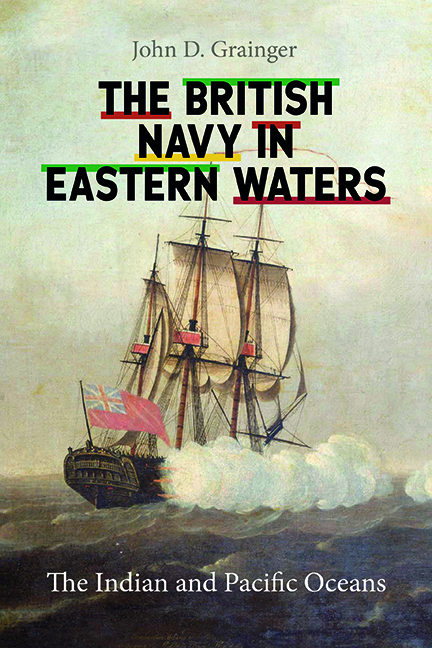3 - Interlopers and Union (1680–1710)
Published online by Cambridge University Press: 26 May 2022
Summary
The last years of Charles II and the reign of James VII/II (1680–1688) saw varied pressures mounting on the Company. It had by 1680 existed for eighty years, but had suffered repeated buffetings during that time, including the near-death experience of constant governmental and parliamentary hostility in the 1640s and 1650s. This was due to its simultaneous relationships with the English royal (and republican) governments and the Mughal imperial government in India; the Company was in effect serving two masters. Both of these were extravagant spenders of tax money and the Company was wealthy, so it was inevitable that these relations would continue, and that the hostility of those who disliked those governments would also continue.
Then in the thirty years after 1680 the Company went through its most serious crisis since the time of the English Commonwealth, when it came, once again, within an inch of dissolution. It survived, once again, and came through into calmer waters after 1710 (as it had before 1680), but this was only because it outlasted its two masters, one of which (the Mughals) collapsed, while the other (the English) went through a revolution during which a better source of funds for the government to spend was devised than intermittently harassing the Company.
The Company had made enormous profits in the reign of Charles II, but by 1680 there were increasing doubts in England about the propriety of such an organisation having the right to wage wars, build forts, maintain an army and a navy, coin its own currency, and generally to act, as it was seen from England, as a sovereign state in the east. These doubts were, of course, voiced chiefly by those who felt excluded from its affairs and jealous of its profits, but there is no need to doubt their concerns. Accordingly, challenges grew to the Company's rights and duties, above all to its monopoly of eastern trade, and these disputes were fought by foul means and fair on both sides.
The Company was well supported by the last two Stuart kings to whom it ‘loaned’ substantial sums of money – £170,000 to Charles II during the course of his reign. This, of course, marked a substantial change from the sabotaging of the Company by their father in the 1630s.
- Type
- Chapter
- Information
- The British Navy in Eastern WatersThe Indian and Pacific Oceans, pp. 47 - 62Publisher: Boydell & BrewerPrint publication year: 2022



